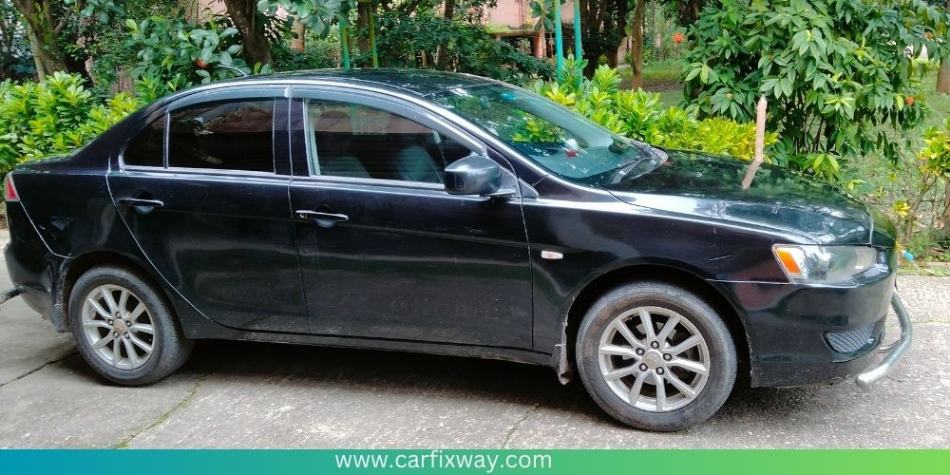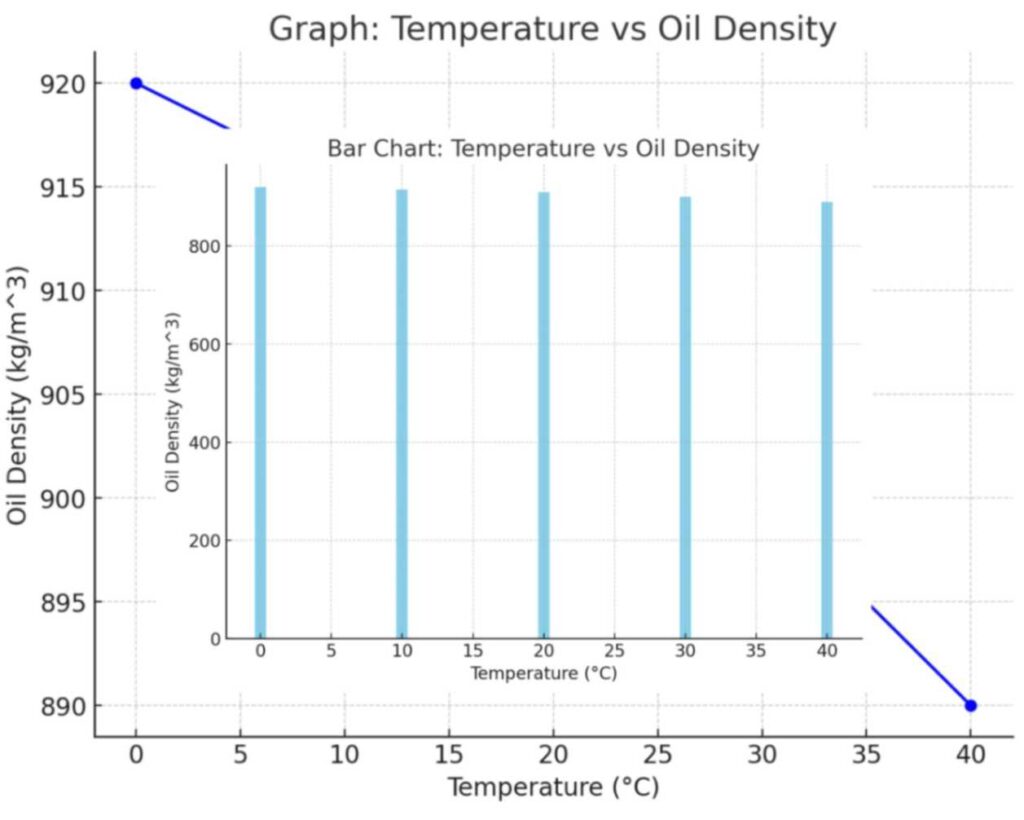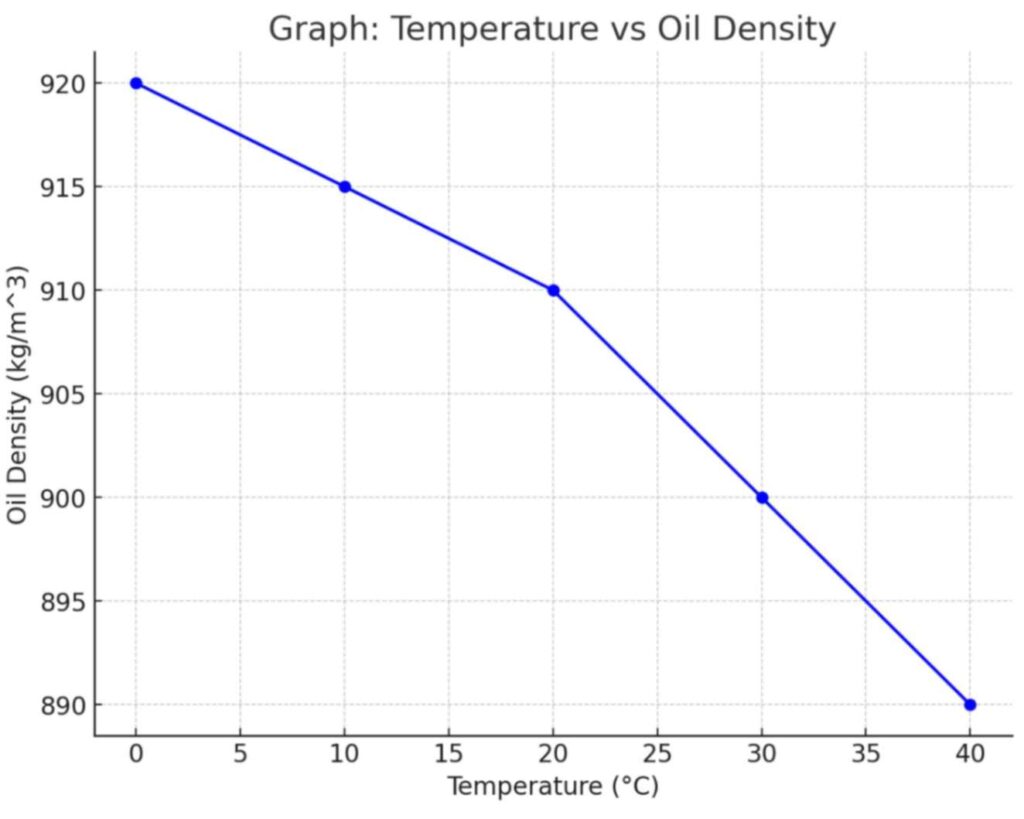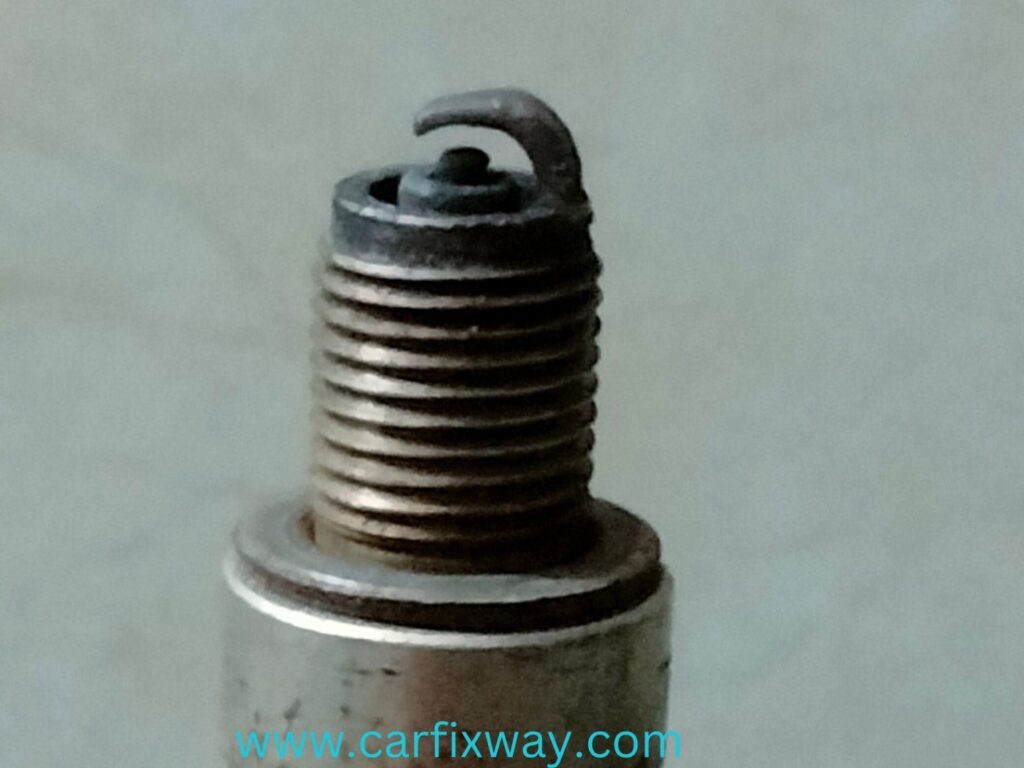Phone:
(701)814-6992
Physical address:
6296 Donnelly Plaza
Ratkeville, Bahamas.


Does your car shake when starting up cold? This is a common problem that many drivers and car owners face, especially during colder months. Understanding why this happens is crucial for preventing potential engine damage and ensuring a smooth driving experience.
This issue has several possible causes, including misfiring cylinders, worn-out spark plugs, or low fuel pressure. Each of these can lead to your car shaking when it starts, which is a sign that something needs to be checked or repaired.
In this article, we will dive into the reasons behind car shakes when starting cold, covering the most common causes and offering simple solutions to fix the problem. By the end, you’ll have a clear understanding of how to resolve the issue and keep your car running efficiently.
Oil temperature plays a critical role when starting a car in cold conditions. At lower temperatures, engine lubricants become thicker, increasing friction between engine parts. This leads to higher fuel consumption and reduced fuel efficiency. Expert Studies have shown that when starting at 0°C, fuel consumption can increase by as much as 13.5%.
Additionally, engine components, including coolant and lubricant, take longer to reach optimal operating temperatures, which further reduces the efficiency of fuel conversion into mechanical energy. Therefore, cold starts significantly impact both the car’s performance and fuel economy as well as Car Shaking.
Oil lubricates moving engine parts, reducing friction and wear. When oil is too cold, it becomes thick and less effective at lubricating, leading to increased friction, which can cause engine components to wear out faster. At the correct temperature, oil flows smoothly and provides optimal lubrication.
Cold oil creates more resistance, causing the engine to work harder, which can reduce efficiency and performance. As oil warms up, it becomes thinner and allows the engine to run more smoothly with less strain.
When the oil is cold, the engine has to work harder to move its parts, which can lead to increased fuel consumption. Warmer oil reduces this strain, helping the engine to use fuel more efficiently.
Running an engine with oil at improper temperatures can lead to excessive wear. Cold oil does not circulate as quickly, delaying the protection it offers to engine components. On the other hand, excessively high oil temperatures can lead to oil breakdown, reducing its effectiveness and potentially damaging engine parts.
When oil temperature is low, especially during cold starts, the engine may shake or produce more noise due to the increased friction between parts. As the oil warms up, the shaking and noise typically diminish as lubrication improves.
The density of engine oil is influenced by temperature, which affects fuel conversion efficiency. At lower temperatures, oil becomes thicker, increasing friction and reducing engine efficiency. As the engine warms up, the oil thins, improving its efficiency and reducing fuel consumption.


Faulty spark plugs or wires can prevent proper ignition in the combustion chamber, leading to engine misfiring. This causes the car to shake, especially when starting up in cold weather. Addressing this issue quickly can prevent more damage.

Bad motor mounts can no longer absorb engine vibrations, leading to noticeable shaking, particularly when starting up in cold conditions. Over time, this can worsen if left unchecked.
Low oil levels or poor oil quality can lead to your car shaking, especially when idling. Regular oil changes are crucial to ensure smooth engine performance and avoid such issues. It’s best to check the oil level regularly and consult a mechanic if vibrations persist.
Failing hydraulic lifters can cause noticeable vibrations, especially during startup, along with ticking noises from the engine. These lifter issues can reduce engine performance, leading to rough idling and misfires. Addressing lifter problems early can prevent further damage.
Dirty fuel injectors can make your car misfire because the engine doesn’t get the right air and fuel mixture. This leads to the car vibrating, and you might even hear a pop or jerk sound. The misfiring can affect how smoothly your engine runs, causing noticeable shaking.
A vacuum leak can make your car’s engine jerk or vibrate when you start it. If you check the RPM gauge, it might show the RPMs fluctuating, which signals that the engine is getting uneven air. This issue comes from air leaking from a damaged vacuum hose, causing the engine to run poorly.
When engine oil becomes thick or dirty, it can make the engine work harder, causing the car to vibrate. Over time, old oil loses its ability to lubricate properly, leading to rough idling.
If the transmission fluid becomes dirty or thick, it can cause internal components to grind, leading to car vibrations. This happens when the fluid can’t lubricate the parts effectively.
A dirty air filter can cause your engine to struggle, leading to popping noises or even coughing sounds. It may also damage the spark plugs, which in turn causes vibrations as you drive. If left unchecked, this could result in engine misfires or complete failure.
A clogged fuel filter restricts the flow of fuel to the engine, leading to an improper air-fuel mix. This causes vibrations during acceleration as the engine struggles to maintain proper combustion. If not addressed, it can lead to engine misfires or reduced performance.
A clogged EGR valve can lead to rough idling and cause your car to shake while it’s running. The engine may struggle to maintain a steady RPM, and you might notice the check engine light coming on. In some cases, you may also hear unusual popping noises from the exhaust while driving.
A failing battery can disturb the power supply to the ignition system, causing the engine to run rough and vibrate. As the battery weakens, it may also lead to issues with starting the vehicle. Additionally, the electrical systems may struggle, causing rough idling and shaking.
A loose battery connection can lead to poor engine performance, causing the engine to crank slowly and vibrate during operation. These weak connections result in inconsistent fuel delivery, making the engine shake. Additionally, power loss during acceleration is a common issue with loose battery connections.
Experiencing car shakes when starting up cold can be frustrating, but identifying the cause is the first step toward a solution. Common issues like faulty spark plugs, dirty injectors, or low oil quality as well as others problems are often easy to fix with proper care. By addressing these problems early, you can ensure your car runs smoothly and prevent further damage.
Why does my car shake when starting up cold?
When starting cold, the engine components may not be fully lubricated, causing a rough start. This can result in vibrations or shaking. The issue often resolves once the engine warms up.
Can low oil cause my car to shake on a cold start?
Yes, low oil or old, thick oil can lead to poor lubrication, causing the engine to shake when cold. Regular oil changes can help prevent this problem.
Yes, worn or faulty spark plugs can misfire, especially during a cold start. Replacing the spark plugs can often resolve the shaking.
Cold weather can thicken engine oil and affect the idle, leading to shaking. This is common in colder climates but usually improves as the engine heats up.
Dirty fuel injectors can block proper fuel delivery, causing the engine to misfire and shake during cold starts. Cleaning the fuel injectors can fix this issue.
A weak or failing battery may struggle to provide enough power during cold starts, leading to shaking. Testing and replacing the battery if needed can help.
Once the engine warms up, the oil flows better and components expand to fit properly, which smooths out the vibrations. The shaking usually stops as the engine reaches its optimal temperature.
Yes, if your motor mounts are worn, they may not stabilize the engine properly, causing more noticeable shaking during cold starts. Replacing bad motor mounts can resolve this.
Yes, a clogged air filter restricts airflow to the engine, which can lead to shaking when starting in cold conditions. Replacing the air filter can help restore proper airflow.
To fix shaking during a cold start, check your spark plugs, motor mounts, fuel injectors, and battery. Regular maintenance, such as oil changes and air filter replacements, can also prevent this issue.